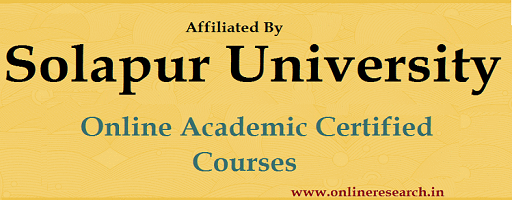| Article Details : |
|
| | | Article Name : | | | Maat vs. Isfet: A Study of Moral Dichotomy
in Naguib Mahfouz’s Evil Adored
| | Author Name : | | | Dr. SUJATHA ARAVINDAKSHAN MENON | | Publisher : | | | Bridge Center | | Article URL : |  | | | Abstract : | | | The aim of this article is to analyse Naguib Mahfouz’s short
story, Evil Adored from an ethical perspective. The story hints at a
dichotomy where, human beings often make a choice between the
philosophical and spiritual aspects of life on the one hand, and the
physical, on the other. The narrative represents these twin aspects of
life through the concepts of faith, and fear and chaos. Maat, the
goddess of justice personifies faith and all positive aspects of life,
whereas Isfet personifies chaos, and a strong sense of fear that arises
because of it. Mahfouz hints at the fact that while faith offers scope for
a Utopian society, fear is often suggestive of a dystopian set up. The
significance of the narrative rests mainly on the way in which these
two concepts vie with each other and how one finally manages to
establish supremacy over the other in the end. Overall, the short story
raises pertinent questions on the very foundations of morals in society.
The crux of the story rests on the belief that whatever was created out
of Chaos will eventually return to it in due course of time. What is
remarkable about the story is that Mahfouz never mentions any god or
goddess in particular. His approach to the twin concepts of good and
evil is more philosophical and spiritual like that of the stranger in the
story. | | Keywords : | | | good, virtue, guardians, evil, Maat, Isfet, chaos, Utopia,
dystopia |
|
|
|
|
|
|

|
| Announcements
|
- Volume 9, issue 5, August issue - publishing in progress
- Volume 9, Issue 2/ May 2021 publishing IN PROGRESS
- Call for Papers: open. Articles will be uploaded constantly, once the evaluation process is complete.
- The Certificates of Publication can be downloaded from RECEIVED ARTICLES section.
- COVER - VOLUME 2, ISSUE 12 / MARCH 2015
- COVER - VOLUME 3, ISSUE 2 / MAY 2015
- COVER - VOLUME 3, ISSUE 3 / JUNE 2015
- COVER - VOLUME 3, ISSUE 4 / JULY 2015
- COVER - VOLUME 3, ISSUE 8/ NOVEMBER 2015
- COVER - VOLUME 4, ISSUE 4 / JULY 2016
- COVER - VOLUME 4, ISSUE 5 / AUGUST 2016
- COVER - VOLUME 7, ISSUE 11/ FEBRUARY 2020
- Volume 9, issue 3, June 2021 publishing in progress
|
|
|
| New Launched Project |
 |
|
|
| Recommend & Share
|
|